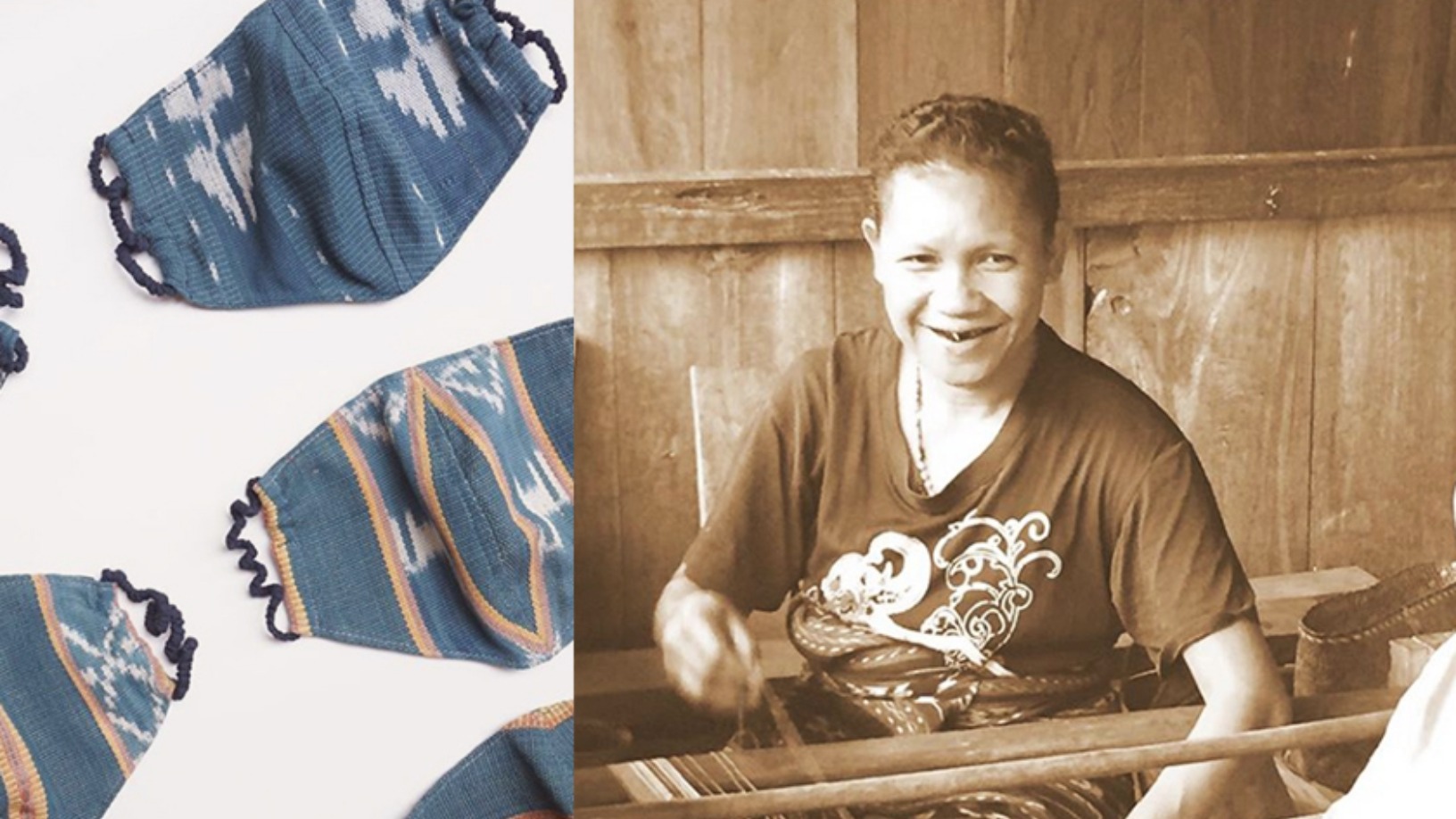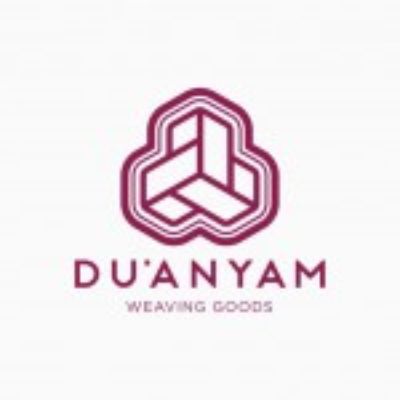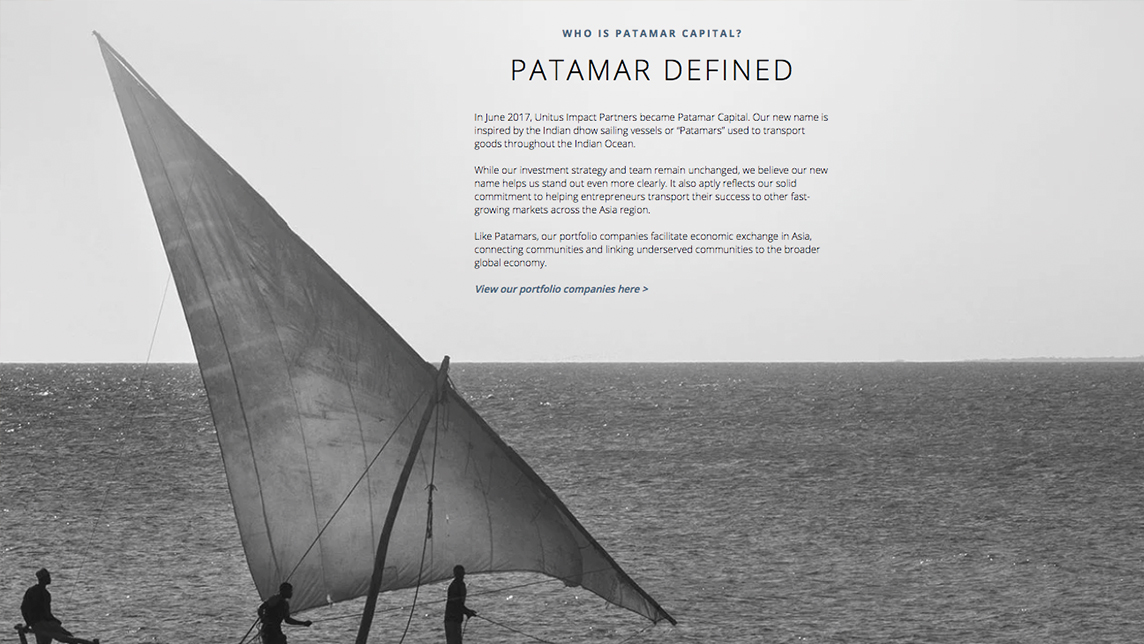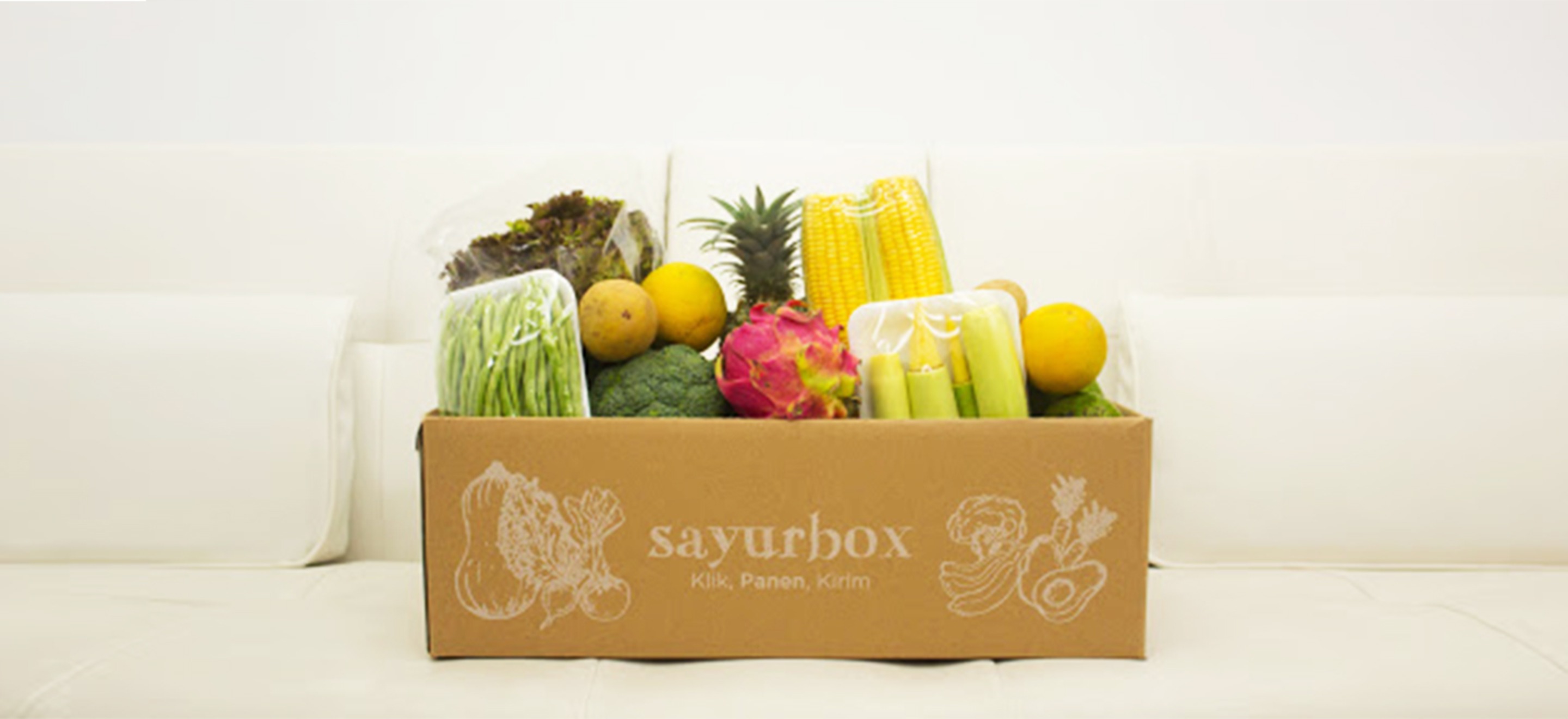With Covid-19 paralyzing economies around the world, Indonesia’s social enterprises have risen to the challenge of helping themselves to survive the onslaught of the coronavirus pandemic. The tourism industry, which employs over 10% of the national workforce and accounts for 4.8% of GDP last year, has suffered the biggest blow in Indonesia.
Local craftsmen and retailers, based in popular destinations like Bali, have also lost a significant chunk of tourism sales. Two Indonesian social enterprises, Du’Anyam and MENA, have managed to adapt quickly to the Covid-19 travel restrictions that were imposed worldwide. Both startups sell traditional woven products made by women in rural areas, sharing the mission of boosting their earnings and living standards in their local communities.
Luckily for MENA, the team had already started selling handmade accessories through social media and two handicraft marketplaces, Ku Ka and Moselo, before the outbreak. MENA’s co-founder Ni Nyoman Sri Natih told CompassList in an online interview that they have also partnered with a US-based retailer and with offline stores in Jakarta and Bali. However, most of the sales were made through pop-up bazaars and other offline events like exhibitions, where the traditionally-dyed cloth and handmade accessories were big hits.
Du’Anyam supports women weavers in rural areas and sells their woven products in bulk to companies like hotels and event organizers to limit inventory risk and ensure that the weavers get a steady source of income from orders placed in advance.
“B2B means big orders for each transaction, numbering in the hundreds,” Du’Anyam co-founder Hanna Keraf told CompassList in a separate online interview. “If you do retail, you may only get a few orders in a month and it can be months before the next order.” Nevertheless, Du’Anyam had to make a temporary pivot to B2C, selling the products directly to individual consumers due to the Covid restrictions on public events and hospitality sectors.
Like many local businesses, both social enterprises have also started making and selling fabric masks to meet demand for face coverings as more Indonesians return to work and enjoy more leisure activities.
Crafting new sales channels
Now that pop-up bazaars are being put on hold, MENA is banking on e-commerce to reach out to their traditional customers at home and abroad. MENA has intensified its marketing efforts on social media platforms like Instagram that have attracted many offline buyers. The smaller quantities of handmade products by local artisans in Ngada are sold through specialist platforms like Ku Ka and Moselo, instead of bigger marketplaces like Tokopedia and Shopee.
“Each batch of accessories is probably only 400 pieces," said Natih, a former anthropologist. "On bigger platforms, we have to be ready to meet larger sales volume demands, so we want to make sure we’re ready."
Du’Anyam, currently selling to end-consumers in small quantities, will also be ramping up their B2C business until the B2B market picks up again. “We are going back to B2B, with some orders coming in,” Keraf said.
With many provinces reopening their borders and restarting economic activities, Du’Anyam’s usual clients are starting to come back. This is welcome news because the startup’s system was built for B2B from the start. “It was not built to make individual packaging for the products, and we mostly handled bulk purchases,” she explained.
The startup had been selling woven bags and accessories mainly to corporate clients for internal use or as souvenirs and gifts for events before the coronavirus pandemic began. Hotels were also buying Du’Anyam products for guests like hotel slippers and beach bags. Supplying over 24,000 wicker products a year, the startup was the official handicraft merchandiser for the Asian Games 2018.
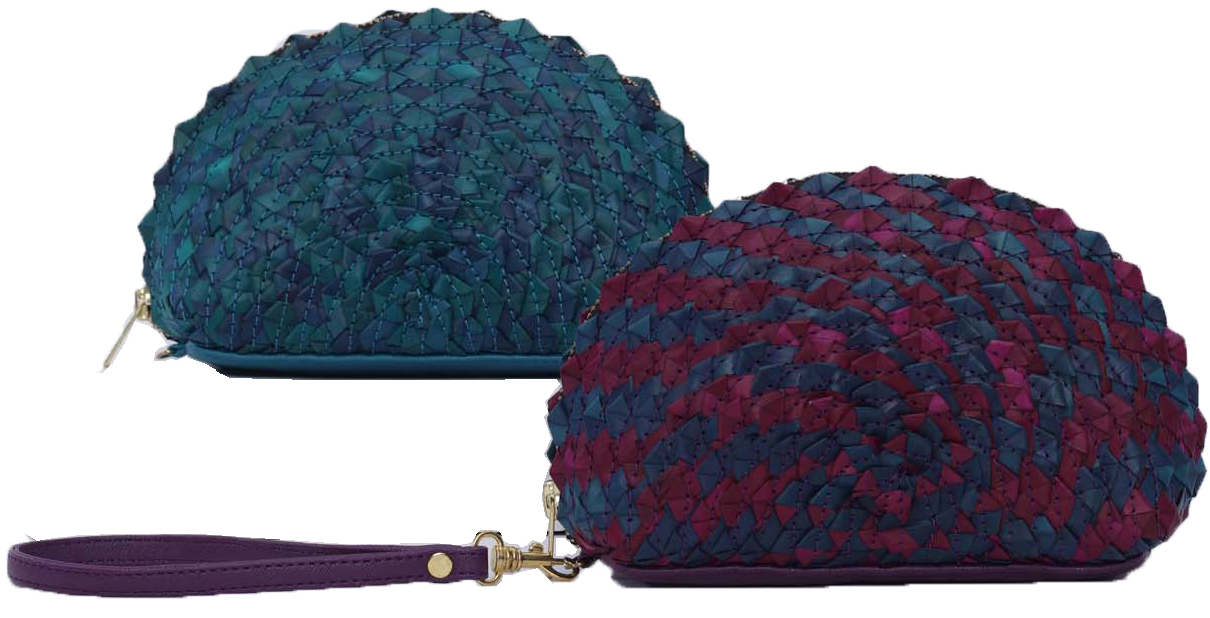
Keraf, together with ex-schoolmates Azalea Ayuningtyas and Melia Winata, founded Du’Anyam in 2014 to help local women to earn extra income. A native of the East Nusa Tenggara province, Keraf discovered that many local women could not afford adequate nutrition and access to healthcare. Those who are pregnant or raising children are at greater risk of malnutrition, and their children are under threat of stunted growth. The women need other means to earn additional income besides the back-breaking work of subsistence farming.
Du’Anyam also works with various partners to provide additional food ingredients for their workers to reduce the risk of malnutrition and childhood stunting. The company has also expanded beyond Flores in East Nusa Tenggara (NTT), working with communities in Papua and South Kalimantan. Besides a grant from Singapore DBS Bank’s foundation, Du’Anyam has also raised pre-seed funding from Omaha-based charity Northstar Foundation in 2018.
Logistics issues
Du’Anyam and MENA also had to grapple with logistics issues. When restrictions of movement were implemented in Indonesia, the transportation of goods across regions were curbed. Transport to and from the eastern provinces slowed down significantly.
The shipments of woven products to the Jakarta home bases of the two startups were often delayed. MENA’s shipments from Ngada also slowed down substantially, limiting the availability of their products. The supplies of woven masks, which are now in high demand, also took longer to ship than usual, said Natih.
For Du’Anyam, this meant they had to stop ordering woven goods from NTT and many other areas. Besides the order reduction, shipping times also became prohibitively slow. As a result, the weavers did not get any income during the crucial pandemic period when many breadwinners could not work as usual.
“Some projects had to be postponed or canceled. Other clients could not pay for outstanding orders because they were cash-strapped,” Keraf pointed out. “We had to ensure that Du'Anyam could survive post-Covid. So, we reduced purchases to ensure that we can still pay our team and not lay off anyone in our team.” Du’Anyam was also grateful that their weavers were able to buy food with the direct cash assistance given by the government to the rural communities.
Mission to help rural communities
Regardless of where they sell and produce their goods, both MENA and Du’Anyam remain committed to the mission of improving the livelihoods of rural communities. Through the art of wicker weaving, Du’Anyam seeks to empower women from subsistence farming households across Indonesia.
MENA provides a new way for Ngada villagers in East Nusa Tenggara to earn a living using the skills and traditions passed down for generations. Natih and chief creative officer Savira Lavinia Raswari were part of a government initiative to help Ngada artisans to become more competitive as their region was being transformed into a tourist destination.
Capitalizing on the age-old tradition of cloth weaving, the villagers were taught how to make woven bracelets from locally sourced natural-dyed fabrics. The bracelets would be sold as part of the admission fees to be charged by the local tourist attractions.
In 2018, Natih and Raswari decided to continue working with the Ngada community to help their craftmanship reach a wider audience. They founded MENA, meaning “east” in Ngada, and began selling the bracelets to customers in cities like Jakarta.
Natih plans to extend MENA’s supply chain to other parts of the province. “Ngada is a stepping stone toward replicating this collaborative business model in other villages in the province,” she explained. “This province has long been overlooked, despite the great potential in its people and resources, because access to the region is difficult.”
